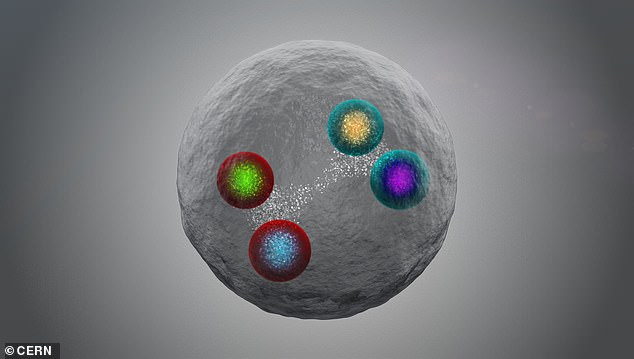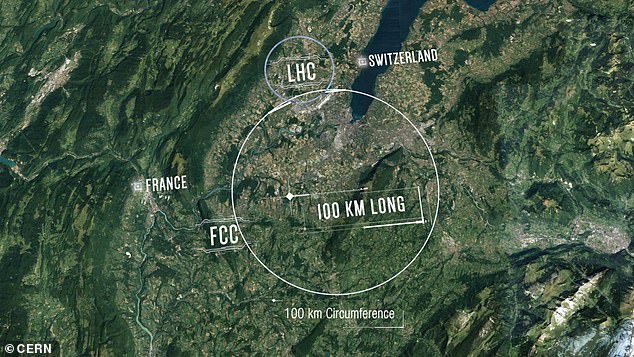Wood burning stoves produce THREE TIMES more small particle air pollution than road traffic
Fashionable wood burning stoves are the UK’s single biggest source of particulate air pollution and produce three times more of the toxins than road traffic, Government data shows. DEFRA figures reveal domestic combustion created more than 47,000 tonnes of PM2.5 pollution in 2019 — 43 per cent of all PM2.5 particles produced. The vast majority … Read more




